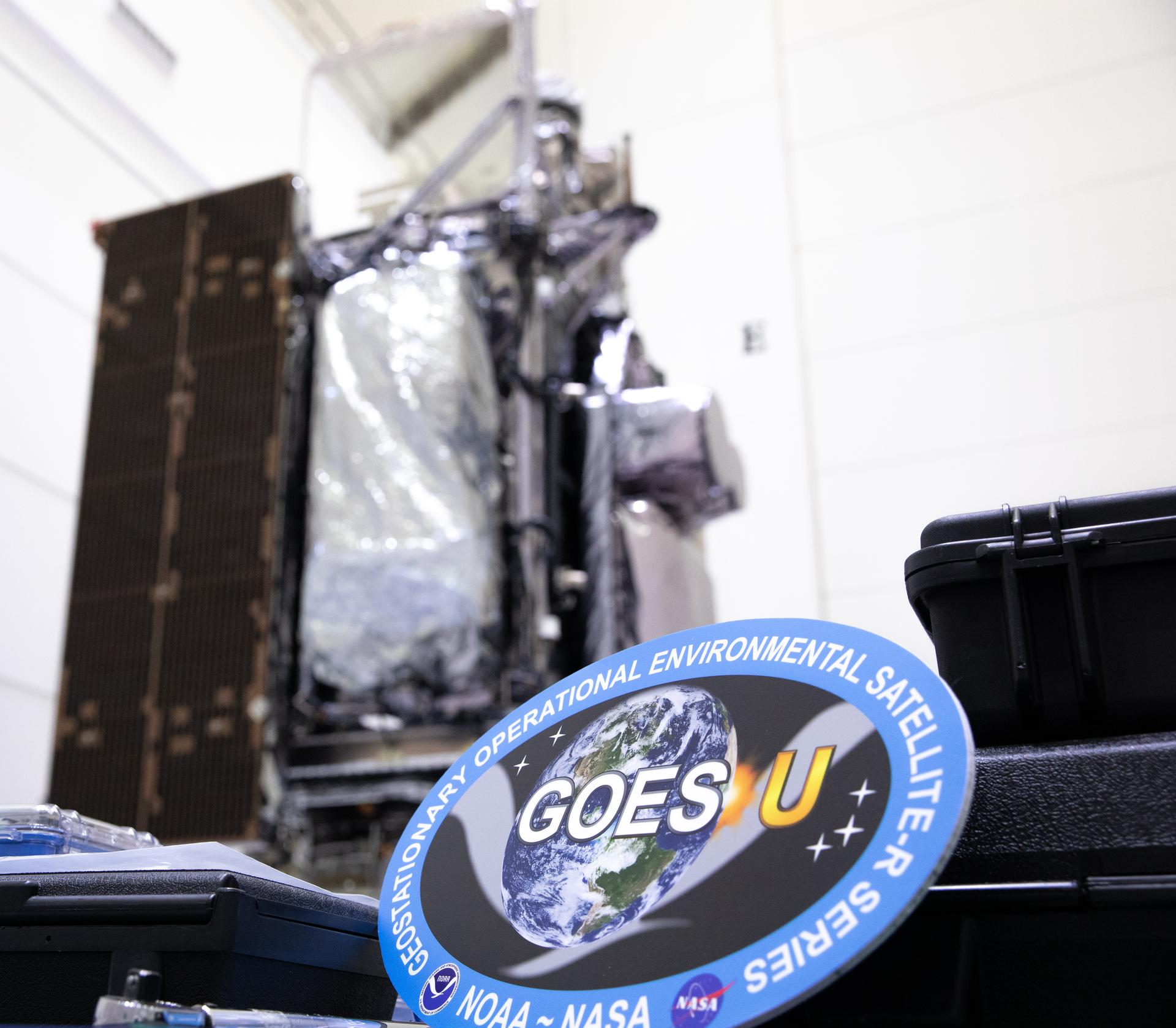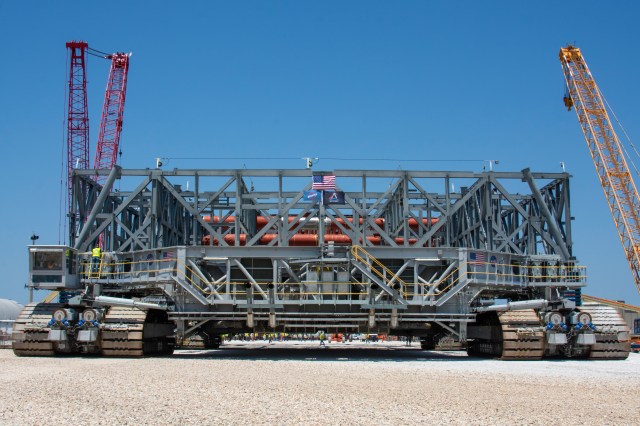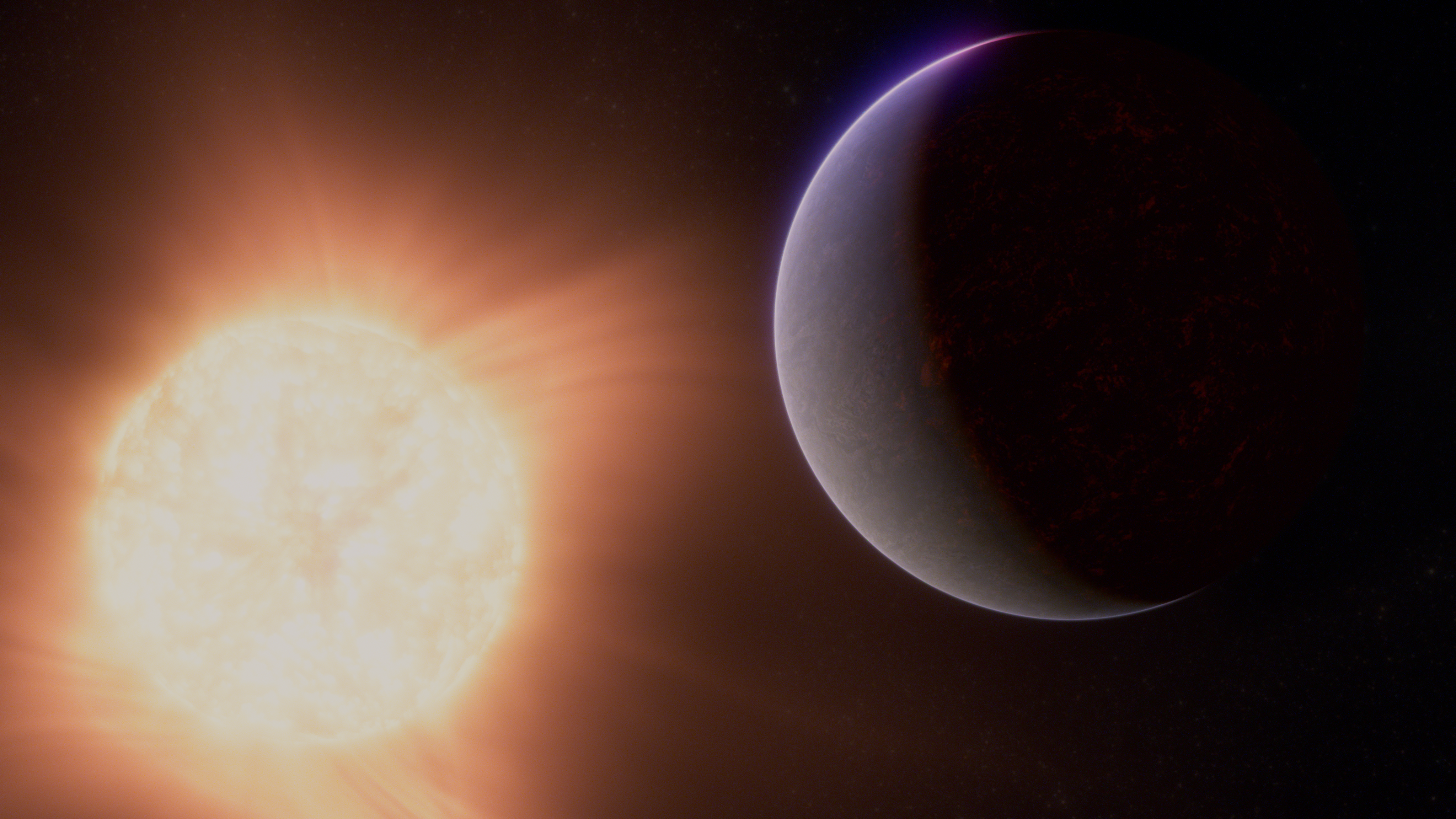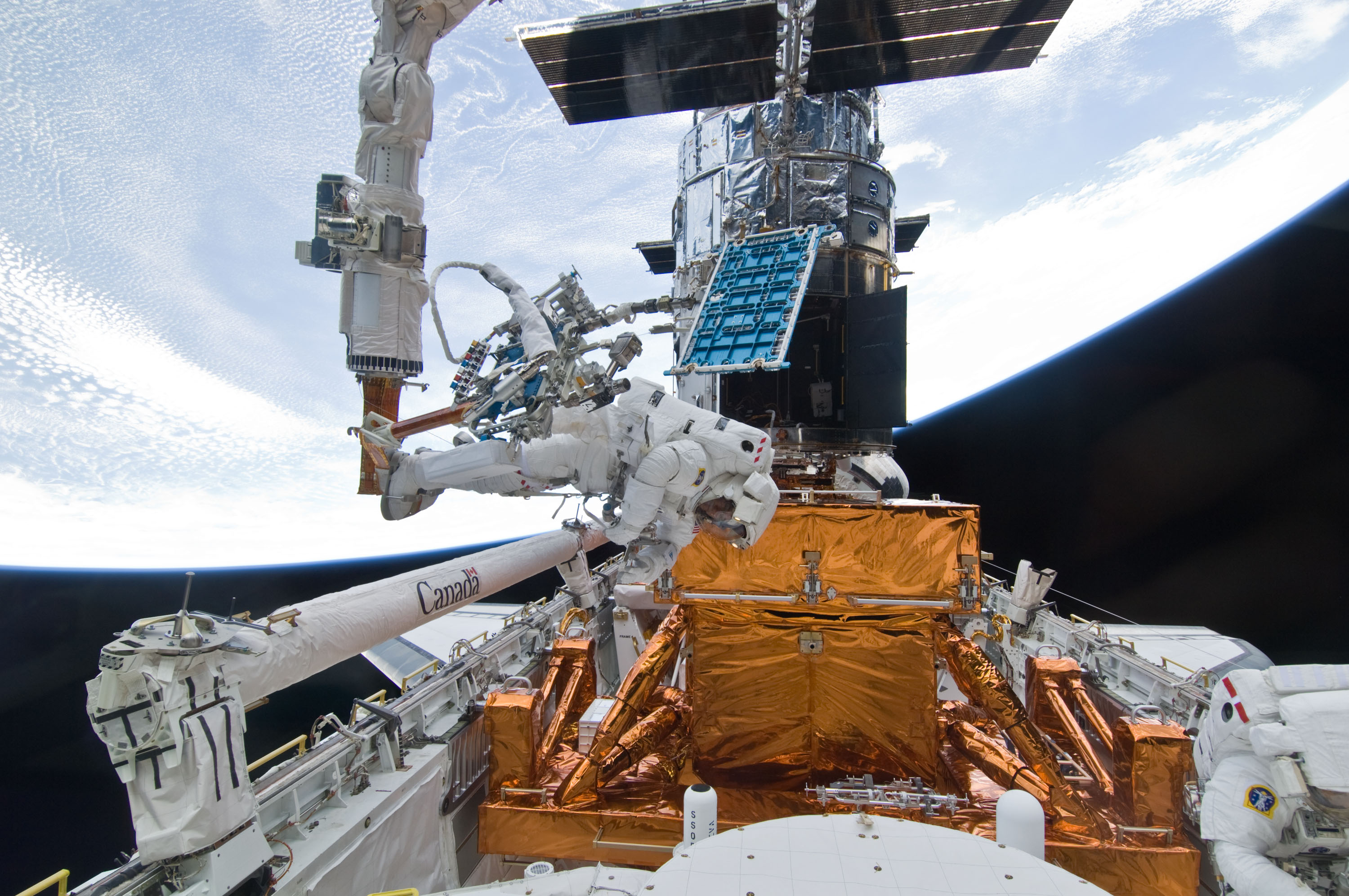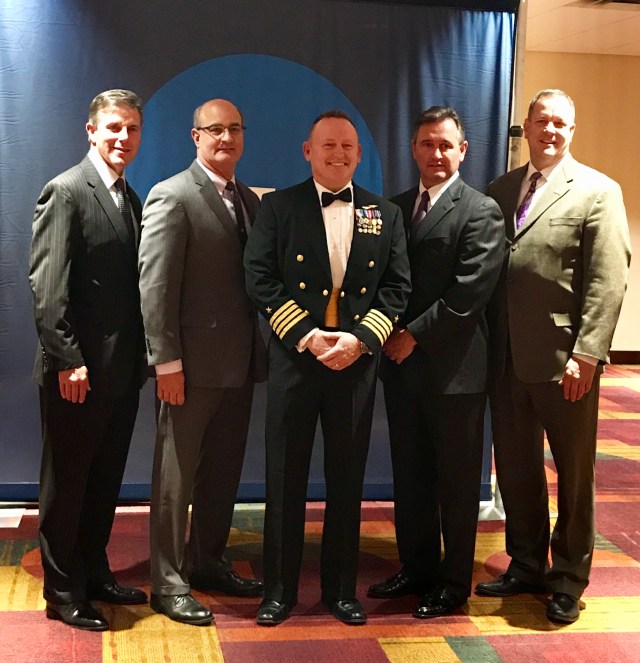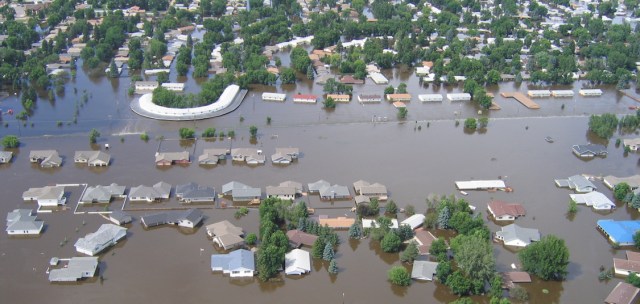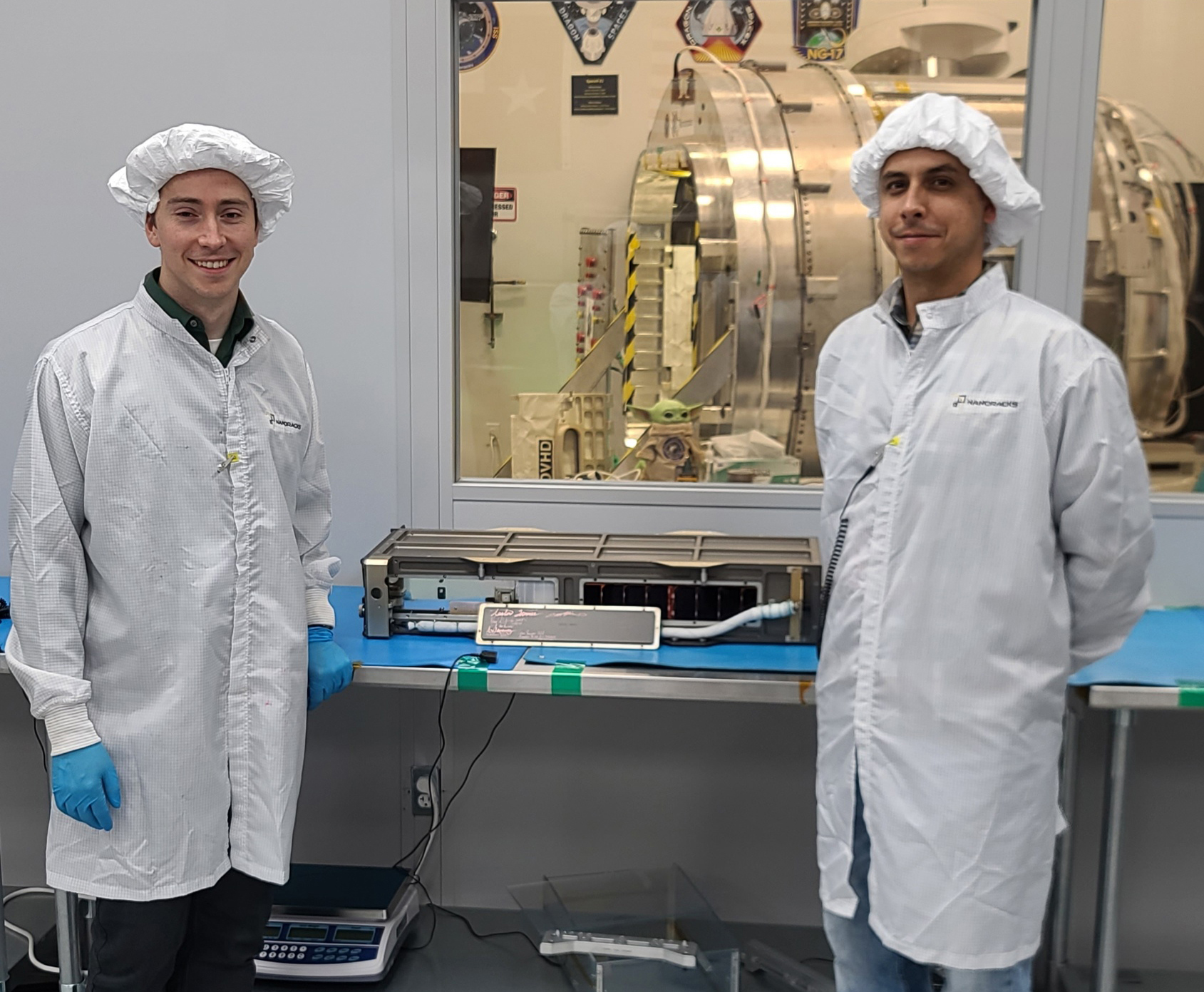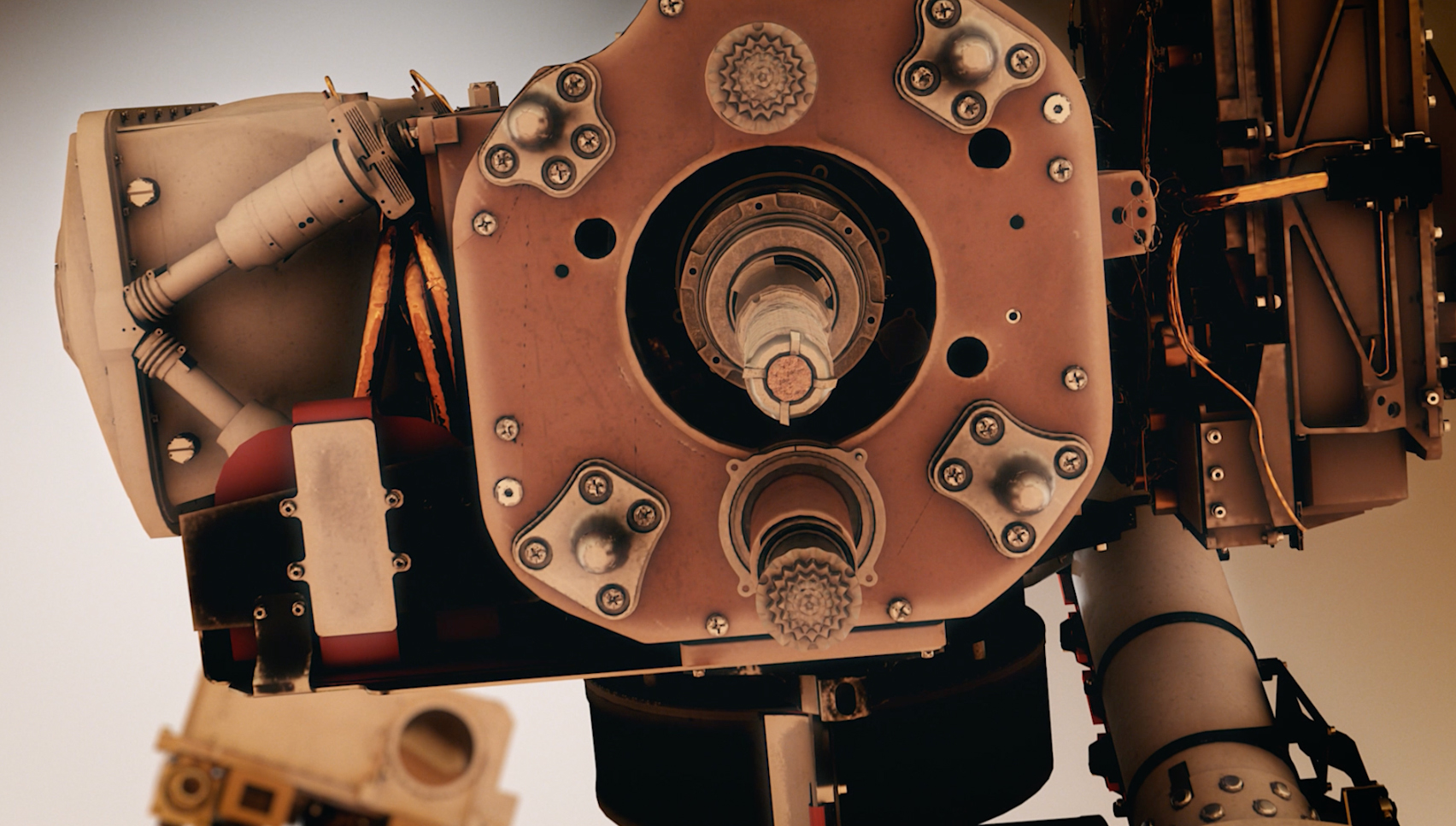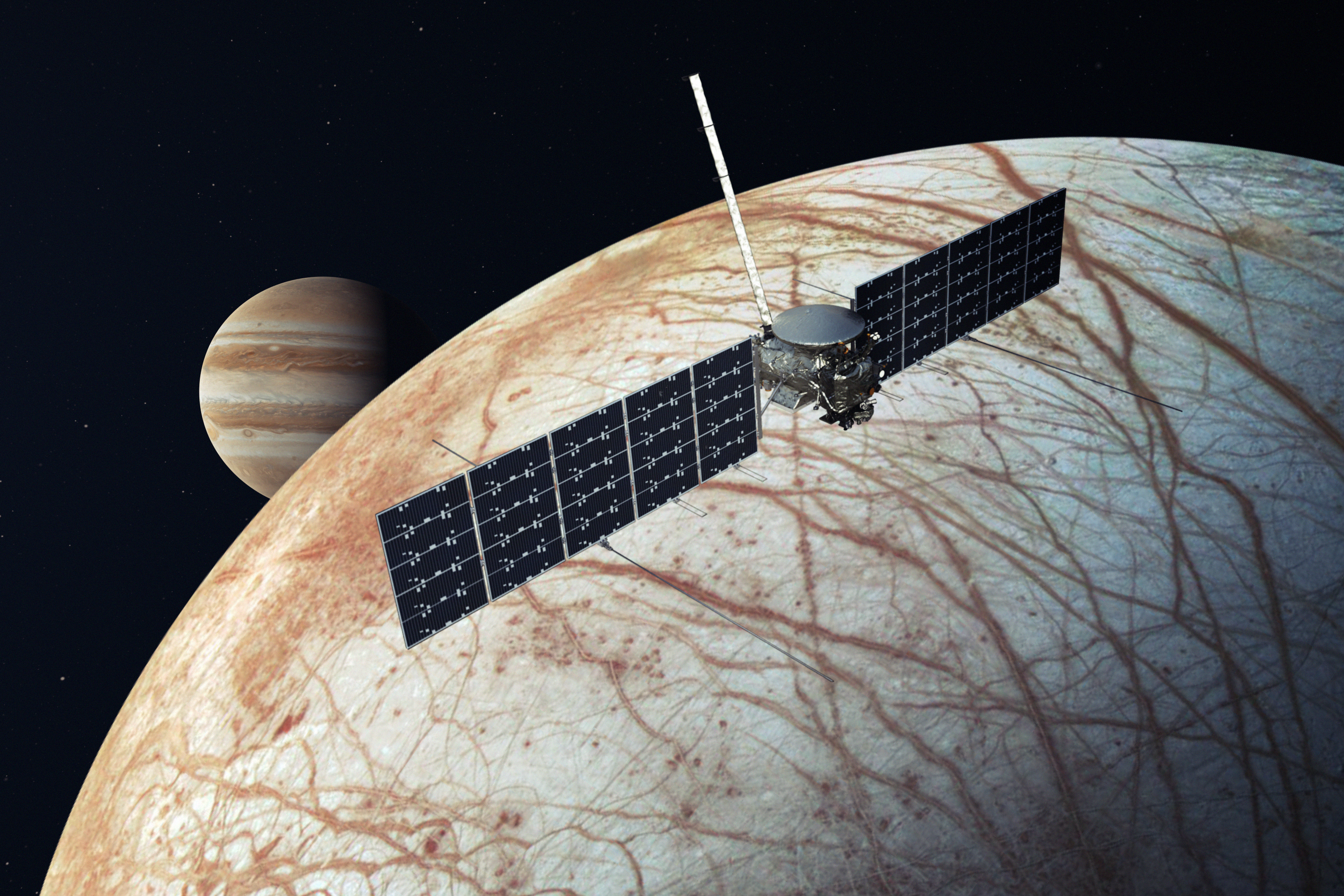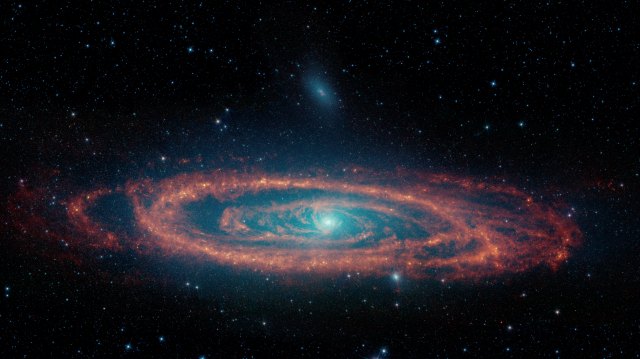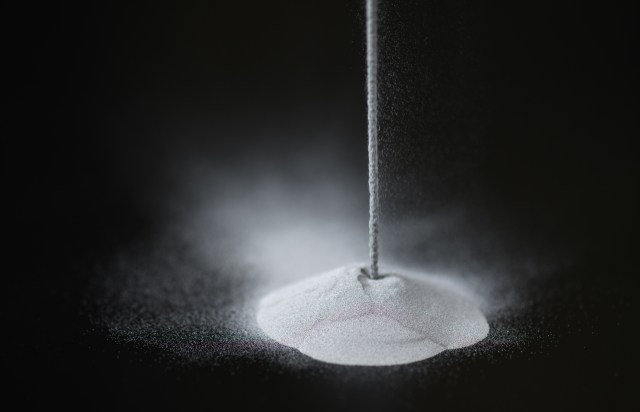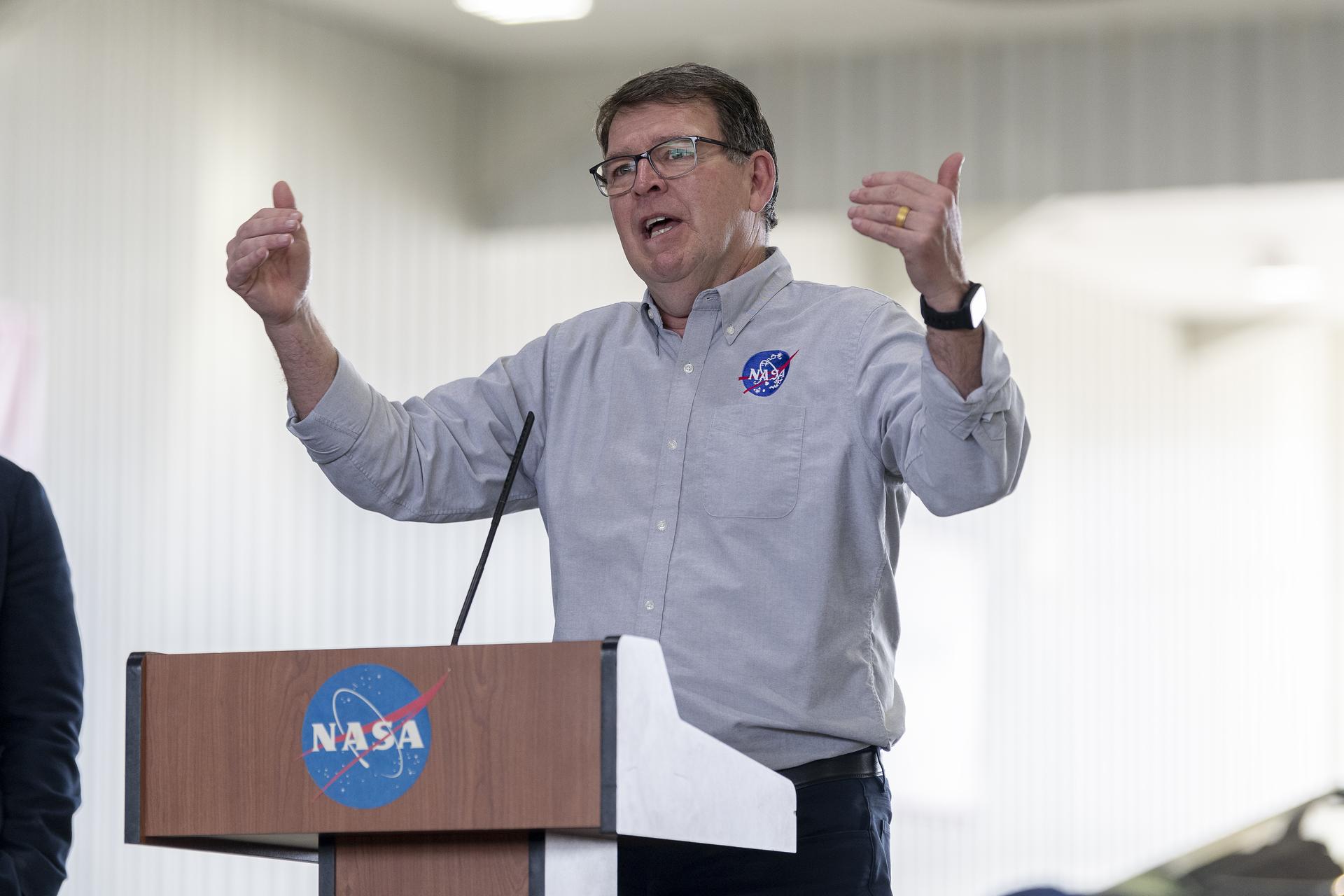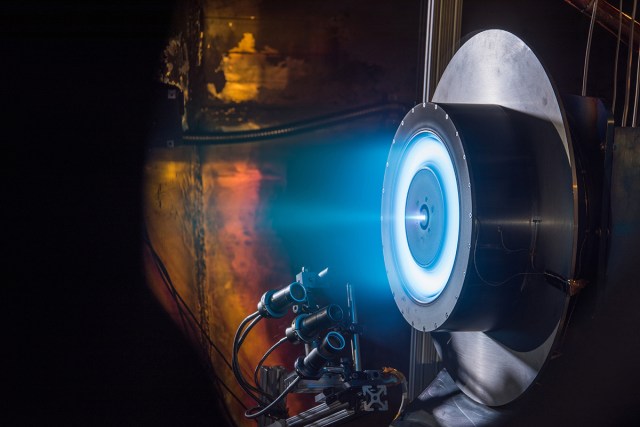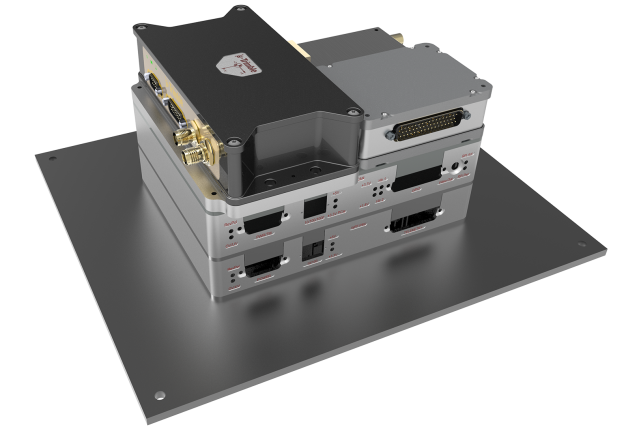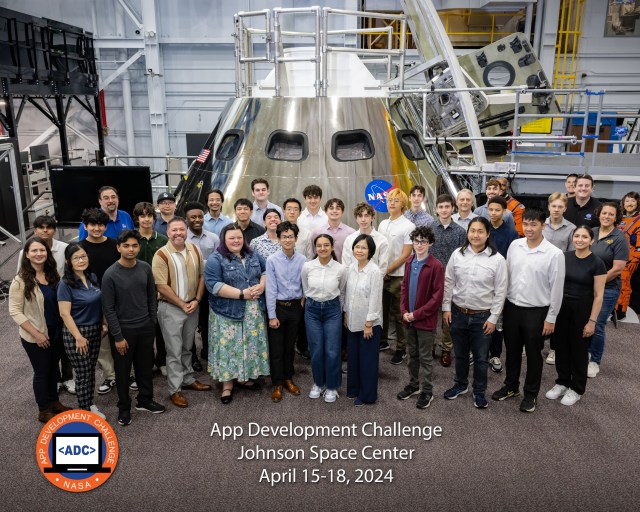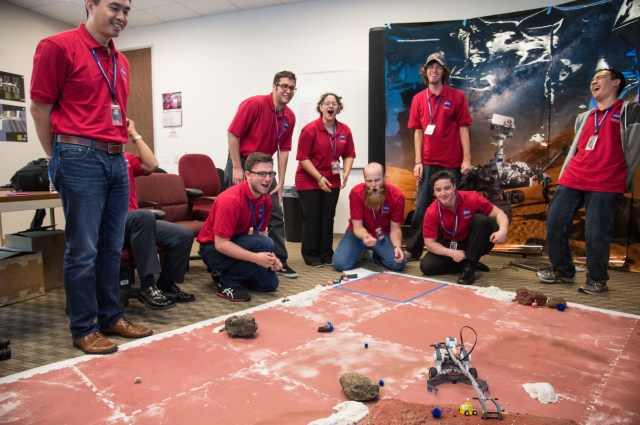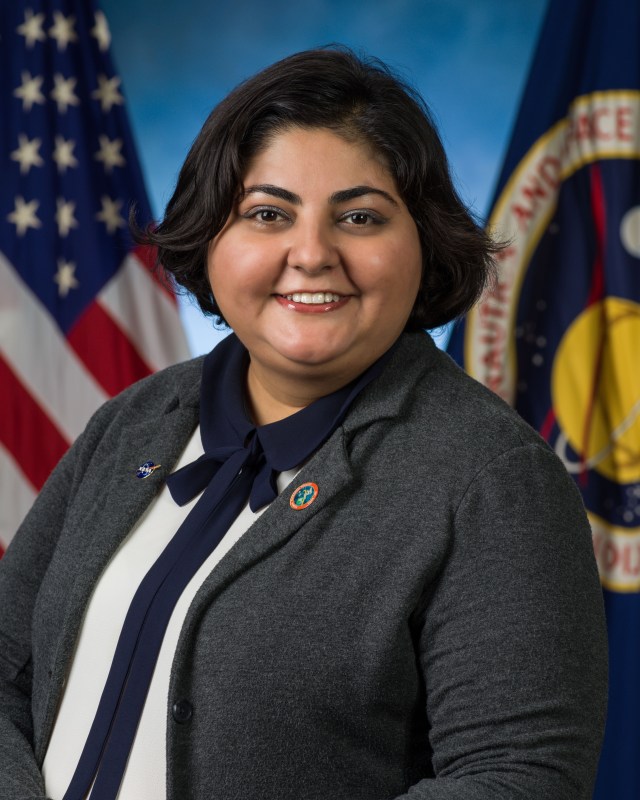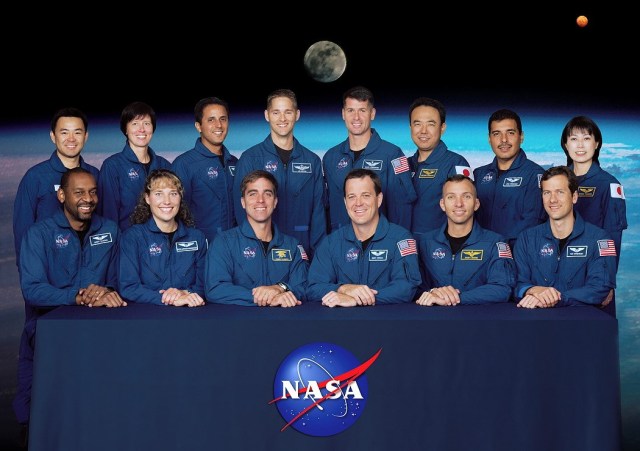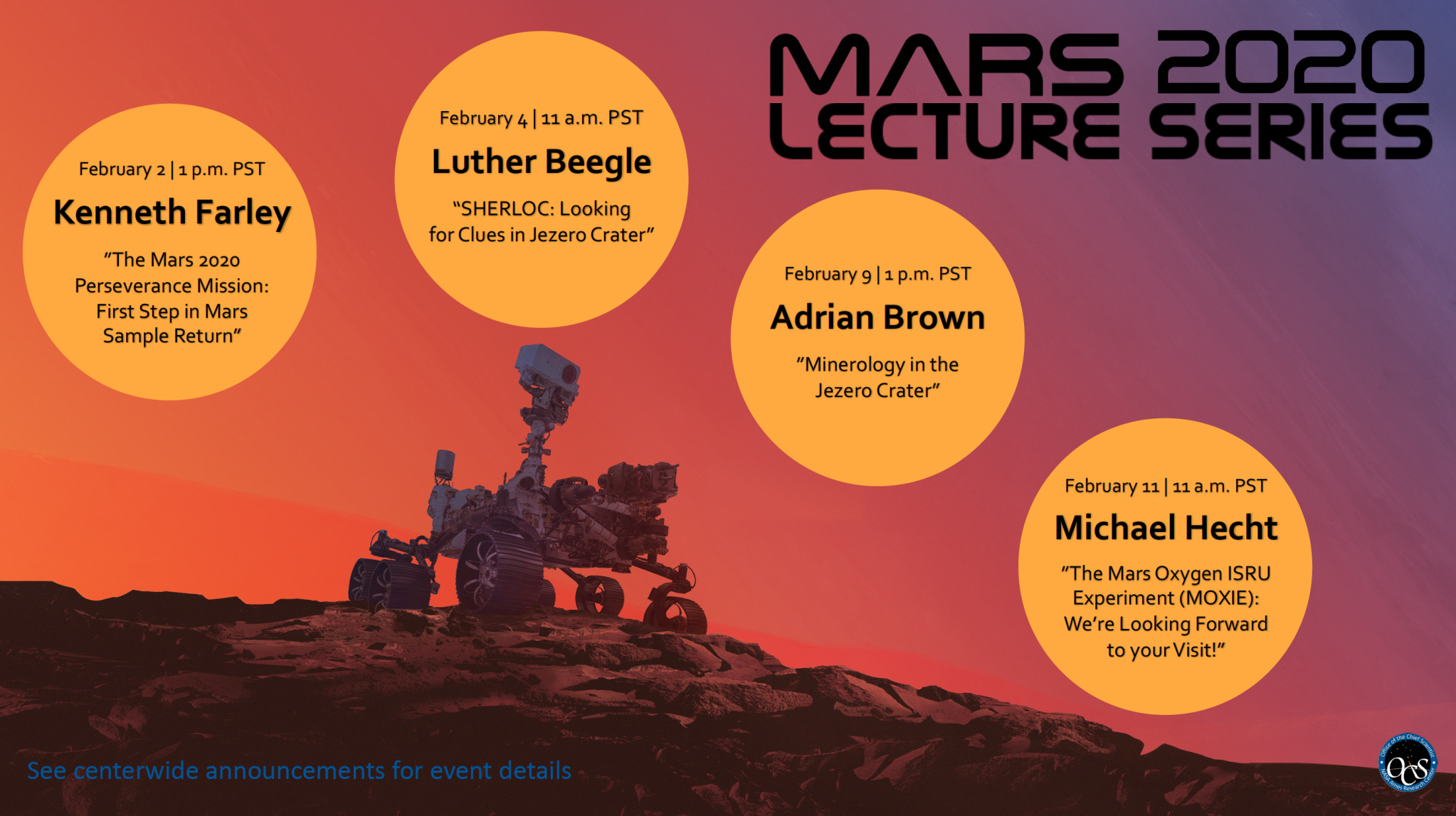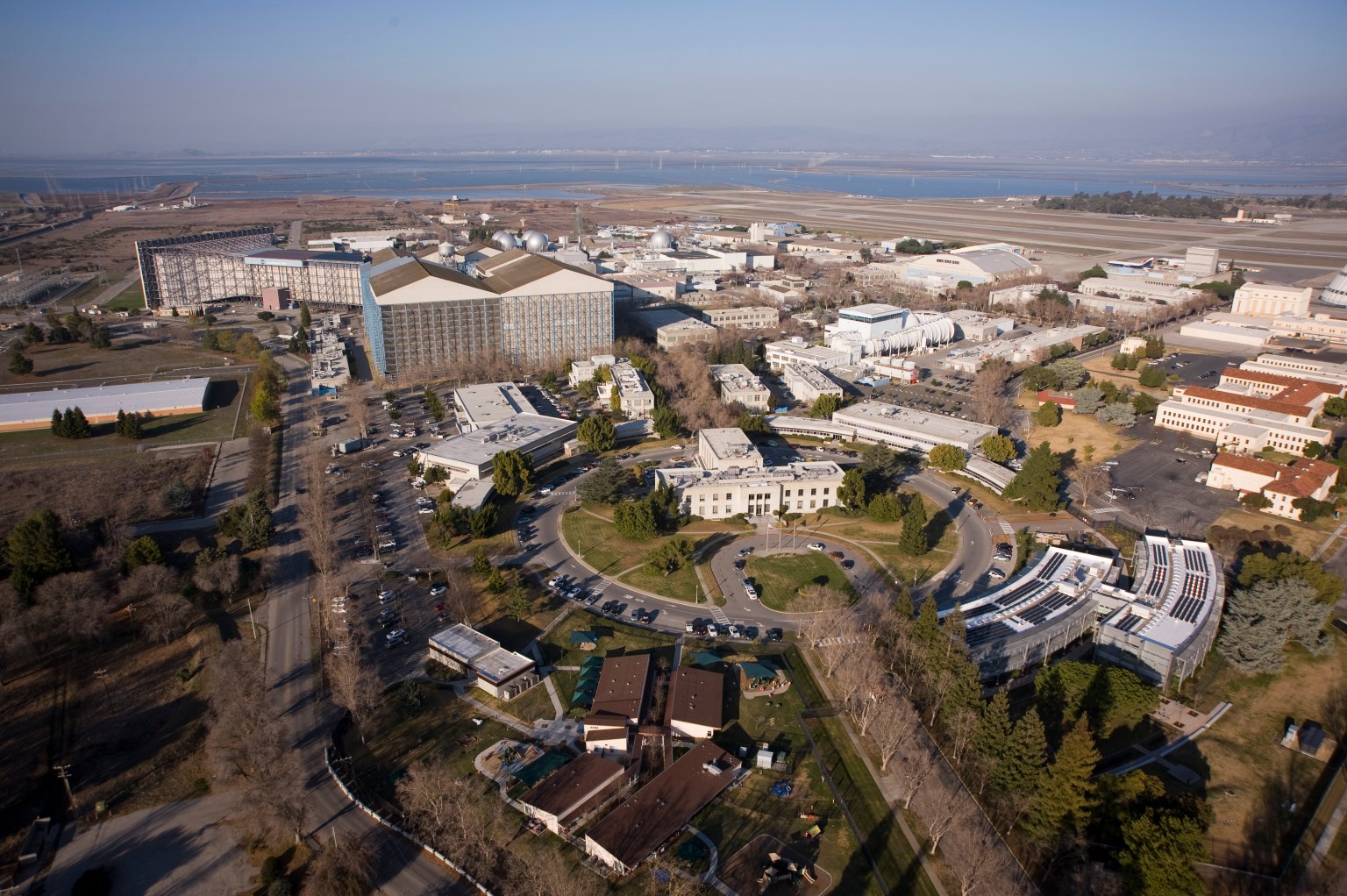“The Mars 2020 Perseverance Mission: First step in Mars Sample Return” was presented by Dr. Ken Farley at on February 2, 2021 as part of the four-lecture series celebrating the landing the Perseverance rover.
Mars 2020 is NASA’s next robotic exploration mission. Landing on the surface of Mars in just 3 weeks, the Perseverance Rover will search for signs of ancient microbial life, prepare a cache of samples for return to Earth, and pave the way for future human exploration. Please join Mars 2020 Project Scientist Ken Farley for an overview of the mission, including a discussion of its diverse on-board instruments and science objectives.
Abstract:
On February 18 the Mars 2020 mission will land the Perseverance rover in Jezero crater. About 3.5 billion years ago Jezero held a 45 km diameter, several-hundred meter deep lake with prominent outflow channel, inflow channel, and a spectacularly well-preserved delta. Perseverance will explore the geologic record of habitable environments once present in the crater, seeking evidence of possible ancient martian microbial life with a sophisticated set of on-board instruments. Based on these data the rover will collect several dozen samples for possible Earth return by future missions. Collection of a diversity of samples that can answer a broad range of questions about Mars history, climate, and potential life animate much of the mission’s planned activates. Mars 2020 and Perseverance also carry technology demonstrations to enable future Mars exploration, including the first helicopter to attempt flight on another planet, and a device to test the viability of O2 production from atmospheric CO2.
Biography:
Ken Farley is the W.M. Keck Foundation Professor of Geochemistry in the Division of Geological and Planetary Sciences at the California Institute of Technology. His research centers on development and application of geochemistry techniques, especially involving isotopes of the noble gases, to a wide range of terrestrial and solar system questions. Specific areas of interest include geochronology of both Earth and Mars, the geochemical evolution of the Earth, and the behavior of noble gases in minerals. He is currently Project Scientist for the Mars 2020 Perseverance mission. He received a Bachelor of Science degree in chemistry from Yale University in 1986 and a doctorate in Earth Science from the Scripps Institution of Oceanography, University of California San Diego, in 1991. He began his professorial career at Caltech in 1993.

